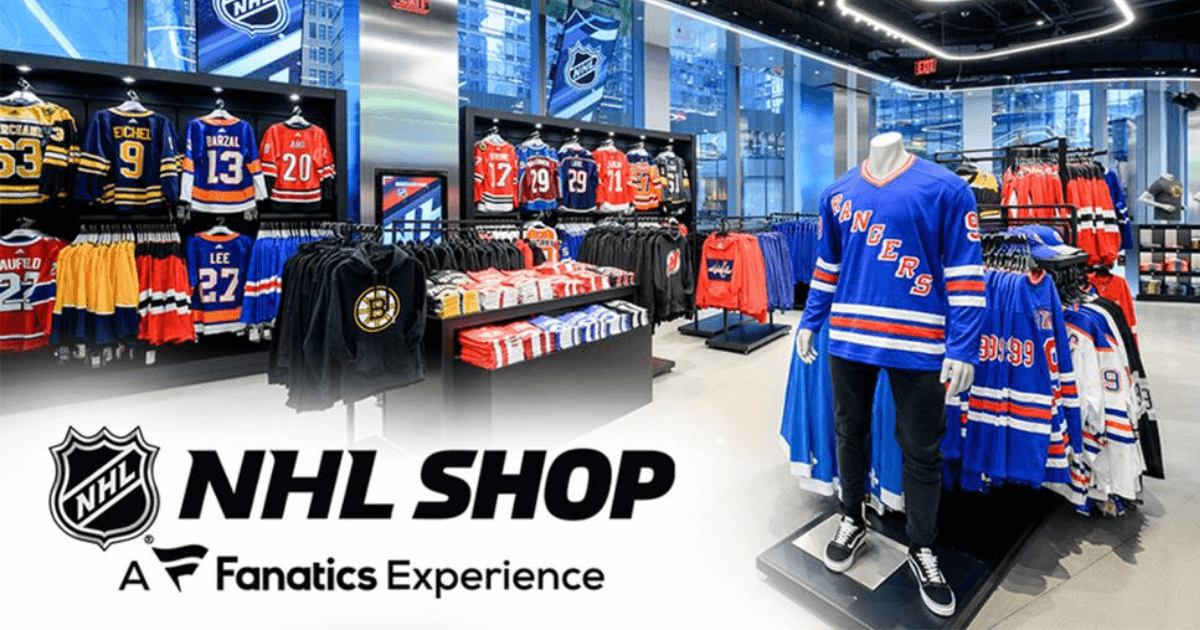
As Fanatics Grows, Will Sports Licensing Continue to Consolidate?
With Fanatics having completed yet another funding round, this one valuing it at $27 billion, will there be further consolidation in the sports licensing business?
That’s the question that has followed nearly every Fanatics funding round in recent years as pro sports leagues invest ever more deeply in the company. The most recent round included $320 million from the National Football League, which has worked with Nike and Fanatics on game-day jerseys.
The answer is most likely yes. Fanatics CEO Michael Rubin told the Financial Times last fall that the company will “continue to be acquisitive,” and that was after it spent $700 million buying Topps and later vintage sportswear maker Mitchell & Ness.
Acquisitions have been the focus of Fanatics’ strategy almost since its founding in 2011 as it bought one company after another, each time adding a new category to the business. These include Wincraft (licensed lanyards, key rings, towels, can coolers and other products under agreements with 700 colleges and universities), Top of the World (headwear licenses with 600 schools), Fermata Partners (licensing agent, which became Fanatics College) and Majestic (apparel manufacturing). It also has a majority stake in NFT developer Candy Digital.
And as Fanatics has grown, so have investments from the NFL, Major League Baseball, National Basketball Association, and National Hockey League (along with their respective player unions). This league funding has raised questions around how, and how soon, the sports licensing landscape might change.
“It is not new that the leagues and players associations have invested in Fanatics, but obviously they continue to grow” their relationship with the company, a licensee executive said. “The world has changed, these companies are getting bought up, and the leagues recognized they should be getting a little more than a royalty or rights fees.”
To some extent, the leagues’ investing in a licensee such as Fanatics is unique. That’s because while the size of the sports merchandise business is large, the number of major licensees is now increasingly small save for the Nikes, Adidas, and Pumas of the world. And, as publicly traded companies, they are less likely to attract investment from the leagues. But consolidation itself is nothing new—in toys, for example, the likes of Mattel, Hasbro, Basic Fun, and Jazwares have bought companies in recent years to expand their reach and, in the process, have consolidated the business, simplifying retail buying decisions.
A league executive described the investments in Fanatics, explaining that they are separate from standard licensing agreement terms, including royalty rates, minimum guarantees, and marketing spending.
“Our investment is based on the belief that Fanatics will continue to deliver on its commitments, as it has been since we first partnered with them and they shared their long-term vision,” the league executive said. “They regularly surpass their aggressive growth goals. This gives us an opportunity to be directly invested in the long-term growth of a key licensed partner.”

















